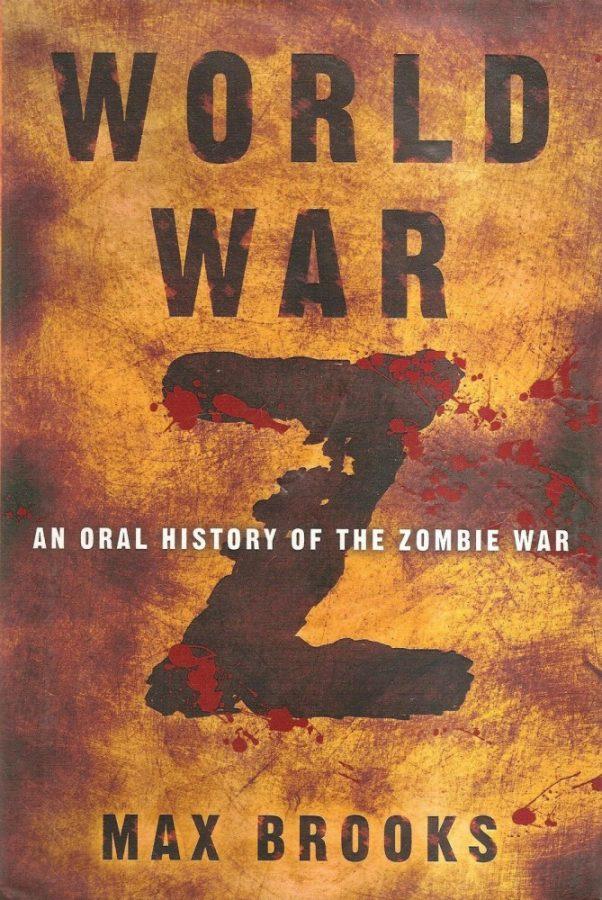“A Game of Thrones” by George R. R. Martin
This is the first book of the ever-popular A Song of Fire and Ice series (and perhaps even more popular TV series on HBO). While the TV series is good, it does not come close to its ink-and-paper counterpart.
This fantasy novel about lords, ladies and a fight for the iron throne is not only full of gripping action, constant excitement, passion and mystery, but also an immersive look at the amazing characters within the story. Martin varies the point of view in each chapter, allowing the reader to see the story from all different perspectives — a technique worth using in real life as well.
— Alyssa DeMember
“The Last Lecture” by Randy Pausch and Jeffrey Zaslow
While it’s more than serious in its basic nature, late Carnegie Mellon University professor Randy Pausch’s final offering to the world reads less like a how-to manual and more like the wistful reflections of a man with just days to live — as Pausch was. This is what makes “The Last Lecture” a classic.
Pausch’s autobiographical musings and relatable advice, at times humorous and always reflective, strike just the right chord with readers, thematically reminding them that their days are numbered too. Pausch writes that he wants us to go out and live. Now is as appropriate a time as ever to act accordingly.
— K.C. Libman
“The Stranger” by Albert Camus
The short length of this novel defies the depths of its discourse. It is an insight into human absurdity through profound minimalism, as questions of morality are presented through the main character’s poignantly relatable introspection.
“The Stranger” divides readers between compassion for the main character and distrust of his actions and emotions, while presenting a reflection on human nature and our supposedly innate emotional responses. Is feeling nothing insanity or immorality? This book actively involves the reader in contemplating the social expectations of how they “should” feel in love and death. It is beautifully strange, and hauntingly familiar.
— Audrey Molloy
“Tuesdays with Morrie” by Mitch Albom
All too often we become absorbed with the everyday hustle and bustle of life. We rarely, if ever, take time to reflect, and penance has become a thing of the past as we find ourselves immersed in work and school.
Both life-changing and inspiring, the book “Tuesdays With Morrie” carved a new way of thinking for me. I read this book before entering college, and I give it credit for my enlightened sense of the value of a collegiate atmosphere and of knowledge itself.
Albom put immeasurable amounts of dedication and life into this book, and in doing so, he has helped to share Morrie’s incredible wisdom with the world.
— Amy Johnson
“World War Z: An Oral History of the Zombie War” by Max Brooks
Zombies are in, and they’re probably not going out of style anytime soon. In “World War Z,” Brooks takes the concept of post-war interviews to a new level as he delves into a reality where a zombie infection plagues mankind.
Inspired by “The Good War,” the oral history of World War II and, of course, zombie films, Brooks did a lot of research to make the novel realistic in its technology, economics, politics and more. He uses a zombie outbreak as a way to comment on social issues, government and American isolationism and survivalism without shoving the issues down your throat.
— Cecelia Marshall









